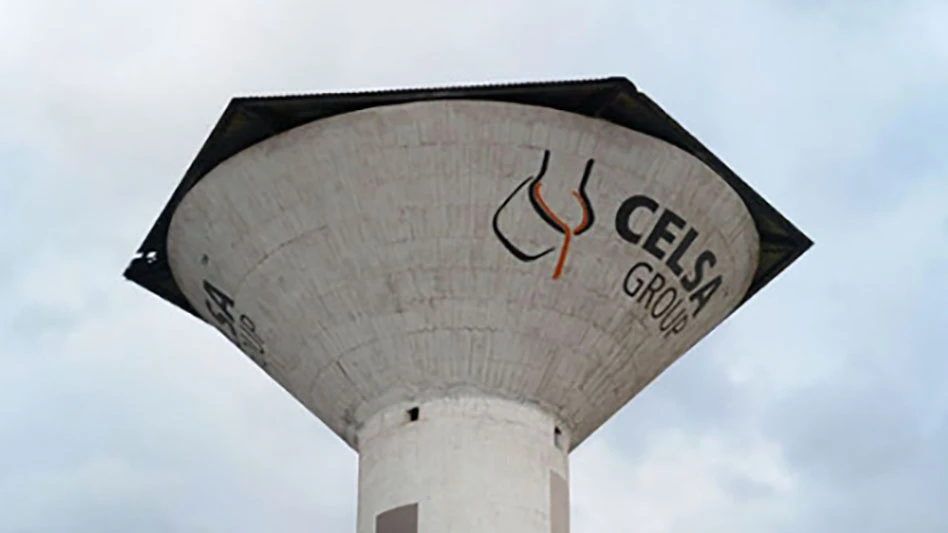
Image courtesy of Jong Kiam Soon - Dreamstime
The New York Department of Environmental Conservation (DEC) has awarded the University at Buffalo (UB), New York, $4.5 million for its research efforts in improving plastic recycling in the state The money will support a research team called the New York State Center for Plastic Recycling Research and Innovation.
Amit Goyal, a professor in UB’s Department of Chemical and Biological Engineering, will lead the team, which will consist of university researchers and senior scientists, as well as recycling industry experts and DEC employees. Its work will integrate social sciences, economics, communication, engineering, plastics and materials science.
“Plastics are the single-biggest problem humanity faces because we can’t live without them,” Goyal says. “Plastics are a material, or a family of material, which we cannot live without. Their usage is increasing and not decreasing.”
Researchers will study how to develop secondary recyclable markets to ease the costly burdens on municipal recycling programs and best practices for streamlining the recycling process. Specifically, He says the team will study economic modeling for incentive programs for recyclers and manufacturers. The team also will look at ways to improve supply chain efficiency for plastic materials.
Additionally, the center will focus on:
mapping the reverse supply for plastics in New York state and conducting a deep dive into the structure of the collection, disposal and recycling industries;
improving the efficiency of businesses involved in collecting and processing plastics in New York state;
researching plastics in natural environments;
researching plastics in New York state agriculture/food and medical industries;
understanding public knowledge and attitude toward recycling;
advancing high-speed plastic sorting by molecular contract infrared imaging; and,
undertaking several innovative academic- and community-based, transformative seed projects.
The project has begun and is expected to take three years to complete, Goyal says.
“[This team] will be looking at plastics as a whole, we aren’t looking at one specific plastic,” he says. “The team is addressing a range of contemporary issues related to plastic recycling, ranging from advancing the science and technology for recycling to development of markets for recycled plastics.”
The center expands upon a partnership between the DEC and UB that focuses on reducing plastic waste, while improving the environment and fighting climate change in New York and beyond. Funding for the center comes from the state Environmental Protection Fund, which supports climate change mitigation and adaptation efforts, promotes sustainable agriculture and advances conservation efforts.
Latest from Recycling Today
- Greenwave Technology pares back losses in Q3
- Lindner shredders prepare Brazilian plastic for recycling
- China ups steel output, while other nations cut back
- ReElement, Posco partner to develop rare earth, magnet supply chain
- Comau to take part in EU’s Reinforce project
- Sustainable packaging: How do we get there?
- ReMA accepts Lifetime Achievement nominations
- ExxonMobil will add to chemical recycling capacity





